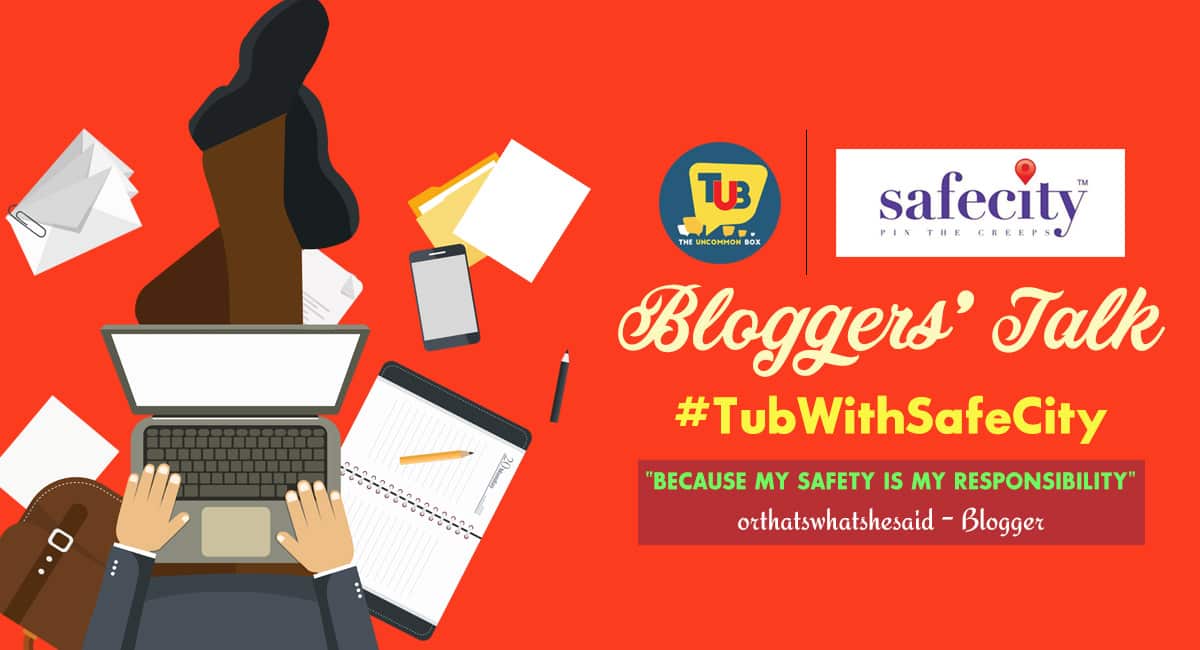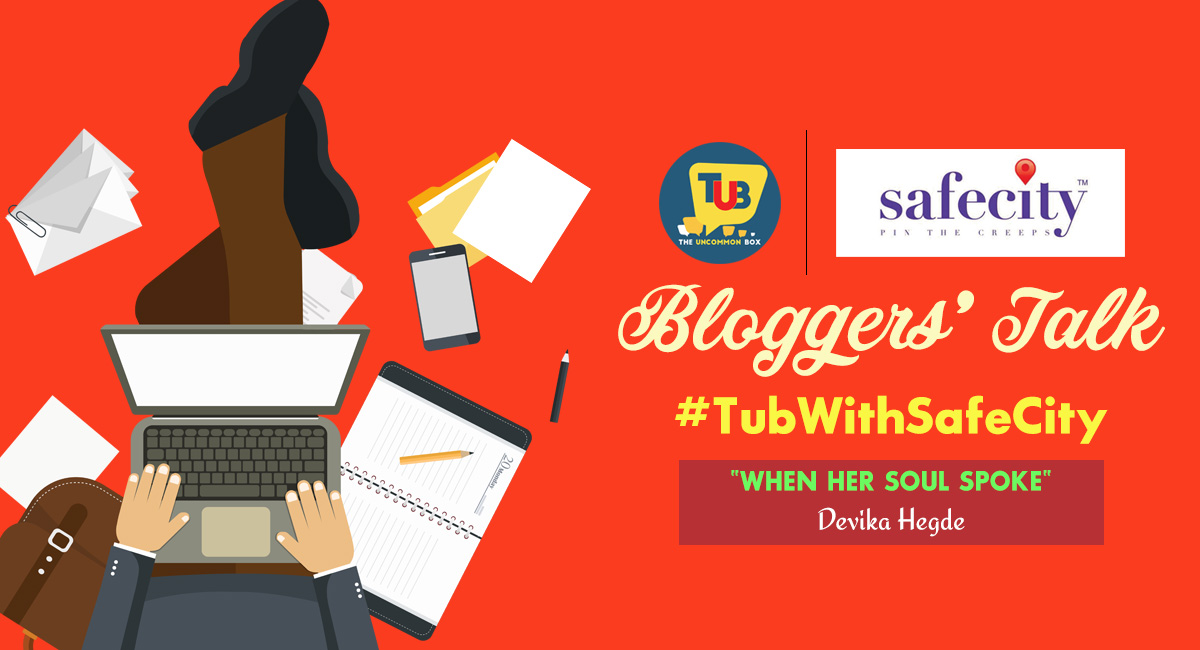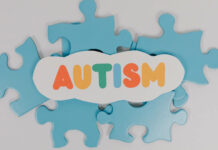Unknown to many, emotional abuse is a traumatic reality they are actually living with, in their daily lives. This extremely destructive form of abuse tears the individual apart atom by atom, till they are nothing like what they have been before. It is mutually harmful- for those who inflict the abuse and for those who are its victims.
The Uncommon Box has taken a stand against all kinds of abuse. With the help of our Uncommon writer Shaifila Ladhani, we are determined to highlight and spread awareness about this version of abuse that is often not heeded for rectification. Shaifila speaks out in her strongest voice against emotional abuse and focuses on certain home truths about it.
-
An abusive partner doesn’t have a problem with their anger; they have a problem with your anger.
Being angry in a relationship is a basic right. In the conventional ideal relationship, ideals that are mostly imposed on women, your voice shouldn’t rise and your blood shouldn’t boil. The privilege of rage is reserved for the man mostly. The outbursts of a woman are jammed down her throat by “declaring” that she is crazy, insane. Then the anger is easily used against her to prove what an irrational person she is by virtue of being a woman.
-
Abuse can make you feel stupid, irrational and crazy.
You may develop physical or emotional reactions to swallowing your anger, such as depression, nightmares, emotional numbing, or sleeping problems, which your partner may use as an excuse to belittle you further or make you feel crazy. Trauma is an extremely personal experience.
-
There are no easy answers for a way out of an emotionally abusive situation.
-
A typical conversation between the victim of emotional abuse and a confidant may look like this:
‘But your partner is so mean,’
‘I know but he has been good to me.’
“He does it because you don’t react”,
‘But I react and have asserted myself many times.’
‘Leave, you deserve better.’
‘But I can’t…’
It seems a very negative and depressive conversation with little hope in sight, isn’t it?
“This is exactly what abuse victims are reduced to- beings without hope.”
- What makes it worse is that the friends of the couple get involved, relatives get involved and make a sorry spectacle out of them, and the victim in the relationship begins to suffer from guilt. She feel as if it was her fault and that she should have been more understanding.
- There’s a thin line between care and abuse, and there’s no official definition for it. Only the two people involved in the relationship have the right to define these things.
P.S. Without denying the presence of men who are also victims of emotional abuse, I personally believe that the number of women facing emotional abuse is higher, considering how easy it is to label a woman. It is an accepted norm in our social upbringing that women have been taught to question their feelings and anger.
- Being in and out of relationships and seeing the relationship dynamics around me has made me realise that what people see is just what they believe. It is very easy and convenient for the people to label the “louder” one as the abuser or to victimise the woman or the apparently’weaker’ one in the relationship.
- Also most relationships are destroyed because of unsolicited opinions and most abusive relationships survive because the typical ‘Log kya kahengey- or what will people say’ attitude.
The fallout of emotional abuse trauma:
Emotional trauma arising out of this abuse has long term effect. It changes you as a person. Often, survivors have had their experiences denied, trivialized, or distorted.
Shaifila advises:
You need to say:
- This did happen to me.
- It was that bad.
- It was the fault and responsibility of the partner.
- I am innocent.
Also,
- If you have friends in a relationship, please stop asking the woman to “control her anger” because more often than not the “impressionable” mind of the partner starts believing that their partner is too dominant and starts victimizing the self along with abusing the “angry one”.
“But most importantly, emotional abuse is not limited to anger.”
It is also about the passive aggressive comments, checking phones, imposing trust issues and many things. What may be normal for you may aggravate your partner.
“So if your partner wants some privacy, trust him/her. Stop asking for passwords to “prove” his/her fidelity to you. It is the little things that count. “
It is important that as a society, we recognize this malaise called emotional abuse. It has a damaging impact on the psyche of the individual and also affects other members of the family. However much our lives may be swanky and progressive, it all amounts to nothing if we are being destroyed by such a form of abuse.
Do feel free to express your thoughts on this sensitive issue because the more we talk about it, the more it will be understood and corrected.
About the writer:
Shaifila Ladhani is a Psychology student, who writes about the issues that need to be discussed. She has featured previously on our website with her write up on sexual abuse. It is her desire to reach out to as many individuals as possible who need the kind of help and support not easily found around us.
Her Instagram handle is @hyperboxofrandomness.
If you have similar views to express or have an opinion to share, do mail us at theuncommonbox@gmail.com or use the submission portal link to our website. Let us keep sharing our views.
We encourage all kind of talented piece of work whether it’s a writeup’s, articles, poems, sketches, doodling, painting, food styling or about fashion or travelling or photography.
If you are on instagram follow us @TheUncommonBox and use our hashtag #TheUncommonBox for the same.
You can reach us on FB Page too by following our page “THE UNCOMMON BOX”. and can tweet @THEUNCOMMONBOX






























You’re an amazing person. : ) I came across your profile, and it was a delight. Trust me.